Violating international law, European Parliament urges EU to add IRGC to terror list
In violation of international law, the European Parliament has voted to call on the European Union and its member states to place Iran's Islamic Revolution Guard Corps (IRGC) on the bloc's terror list.
On Wednesday, the parliament members backed an amendment added to an annual foreign policy report, calling for “the EU and its member states to include the IRGC in the EU's terror list.”
The hostile move passed by a vote of 598 in favor and nine against, with 31 abstentions.
The amendment will urge Brussels to blacklist the IRGC military force, the voluntary Basij force as well as the Quds Force.
And it would hit “any economic and financial activity involving businesses and commercial activities related to, owned, wholly or in part, by, or fronting for, the IRGC or IRGC-affiliated individuals, regardless of their country of operation.”
The vote does not oblige the European Union to act, but it comes as foreign ministers are already due to discuss tightening sanctions on Tehran at a meeting in Brussels next week.
“The EU Parliament has today voted to call for the EU and its Member States to include the IRGC on the EU’s terrori list. The amendment... was passed with an overwhelming majority,” European Parliament member Charlie Weimers of Sweden tweeted on Wednesday.
He added, “Tomorrow, I hope members will take the next step & call to suspend the JCPOA.”
‼️The EU Parliament has today voted to call for the EU and its Member States to include the IRGC on the EU’s terrorist list.
— Charlie Weimers MEP 🇸🇪 (@weimers) January 18, 2023
The amendment of my group (@ecrgroup) was passed with an overwhelming majority.
Tomorrow, I hope members will take the next step & call to suspend JCPOA. pic.twitter.com/LBw8jeIMNY
The JCPOA stands for the Joint Comprehensive Plan of Action, which is the official name of the 2015 Iran nuclear deal.
The marathon talks in the Austrian capital of Vienna aimed at the removal of anti-Iran sanctions and revival of the nuclear deal, underway since April last year, have remained stalled since August over foot-dragging by the United States and refusal to provide necessary guarantees to Iran.
The “politically manipulated” actions of the UN nuclear agency and the probe into so-called “uranium traces” found at “three undeclared sites” have also emerged as a key obstacle.
Iran maintains that the measures taken by the International Atomic Energy Agency (IAEA) have been at the behest of the Israeli regime and the Western states to seek leverage in ongoing nuclear talks.
Israeli foreign minister Eli Cohen welcomed the European Parliament’s decision to blacklist the IRGC.
Earlier on Wednesday, Iranian Interior Minister Ahmad Vahidi censured "some Europeans" for their attempts to designate IRGC as a foreign terrorist organization, stating that the move clearly attests to the mental and political weakness of its architects.
“There is no room for concern about the plan, and Iran’s Islamic Revolution Guards Corps (IRGC) will strongly press ahead with its path,” Vahidi told reporters after weekly cabinet meeting in the capital Tehran.
He underlined that the decision by a number of Western governments to blacklist the elite force as a terrorist organization contravenes the international regulations, and is a testimony to the mental, moral and political weakness of its engineers.
D-8’s role in Iran’s economy after Cairo summit
China slams US as ‘war-addicted’ threat to global security
China ‘firmly opposes’ US military aid to Taiwan
VIDEO | Press TV's News Headlines
President Yoon Suk Yeol to be removed from office
At least 19 Gazans killed by Israeli airstrikes since dawn: Medics
Leader: Iran neither has nor needs proxy forces
US fighter aircraft shot down ‘in friendly fire’ amid aggression on Yemen


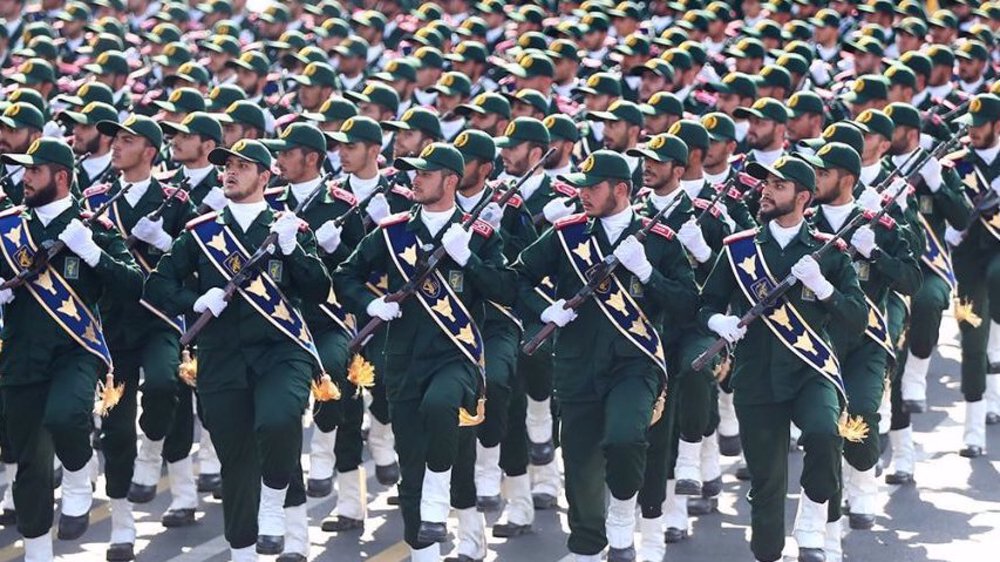
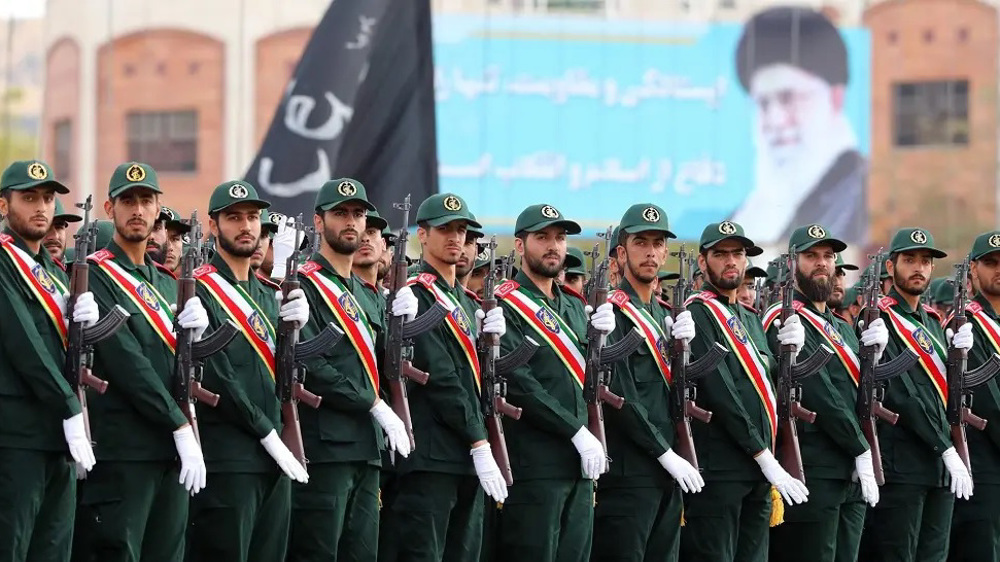


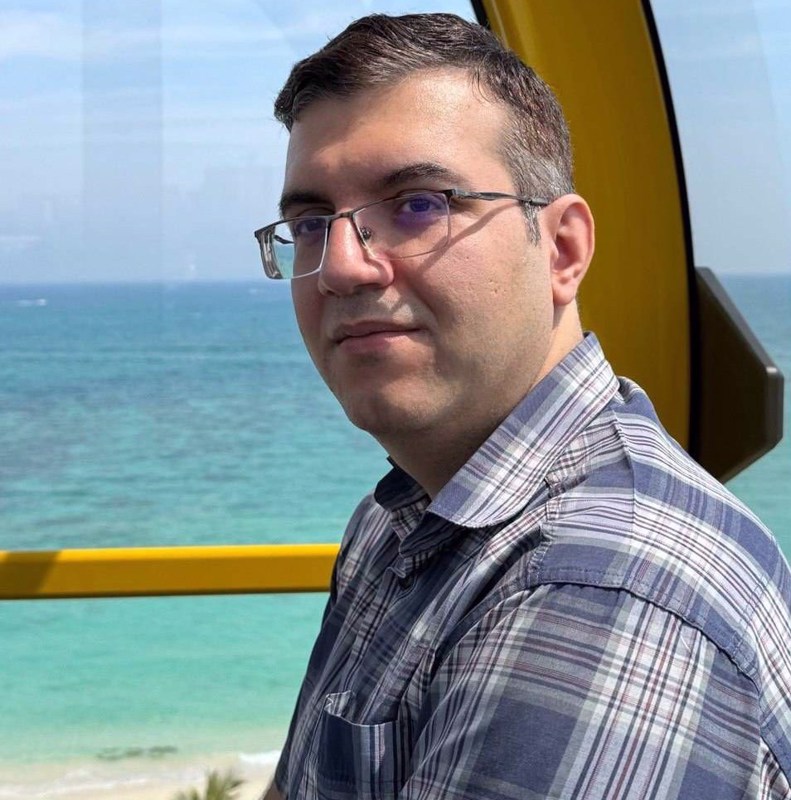




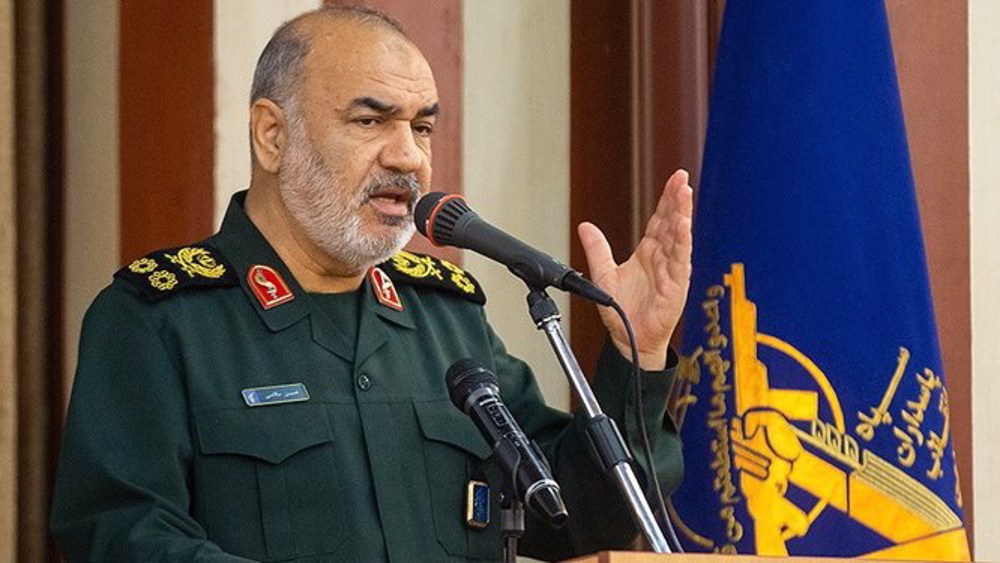
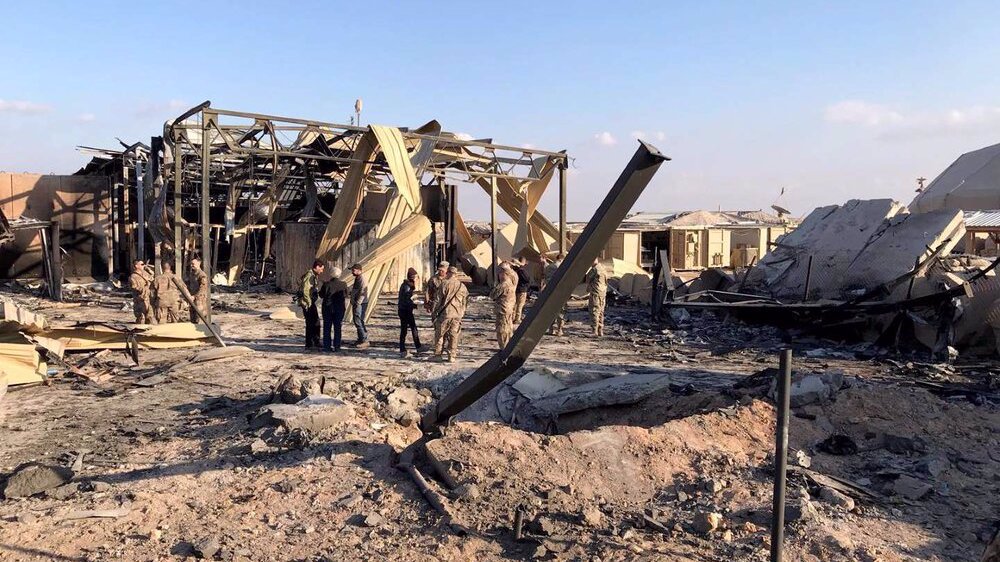
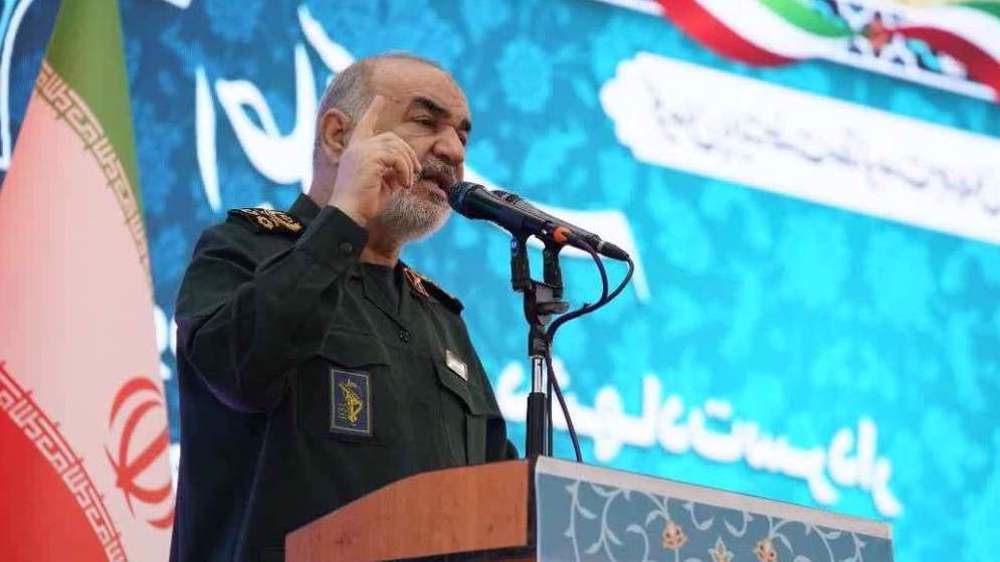
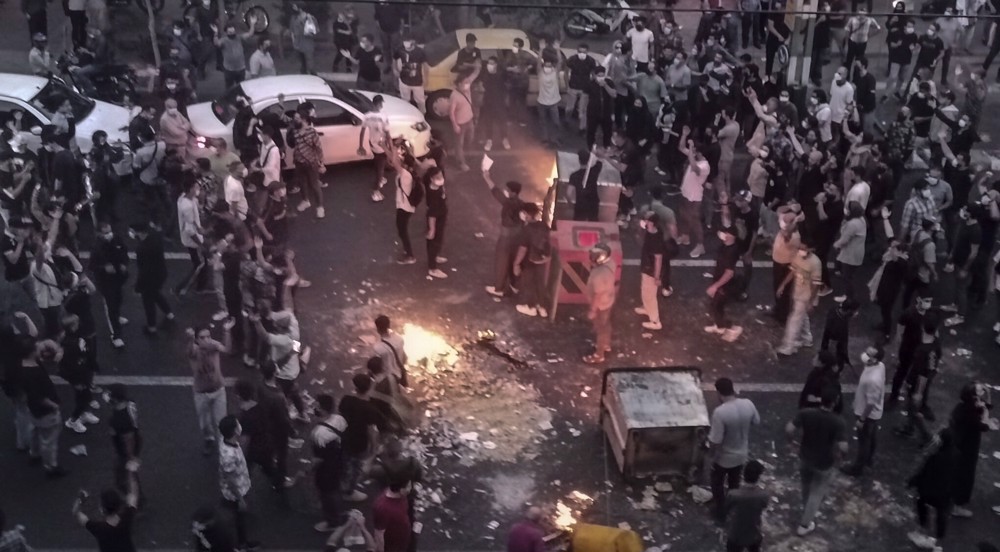
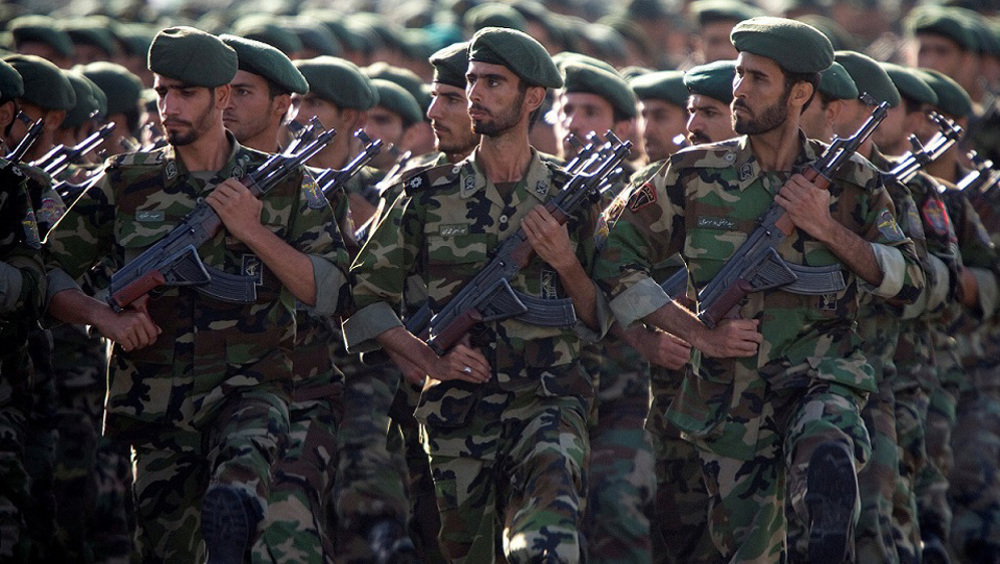

 This makes it easy to access the Press TV website
This makes it easy to access the Press TV website